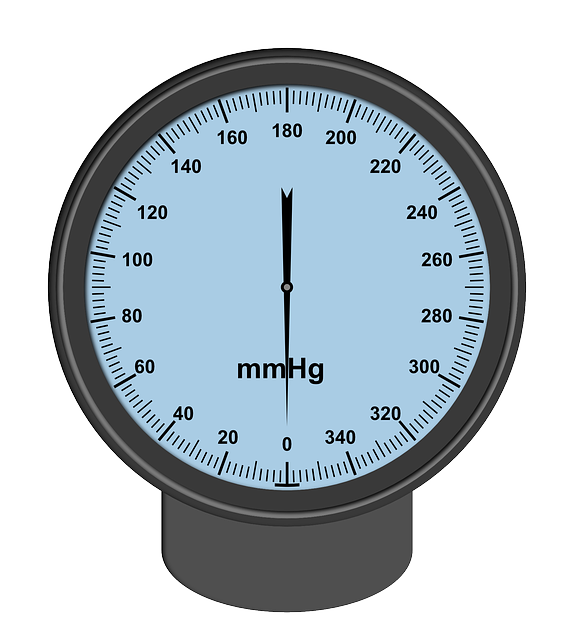Vitamin B12 deficiency, detected via a UK Kidney Blood Test measuring homocysteine levels, poses significant risks including fatigue, memory loss, and severe neurological issues. Higher risk groups include vegetarians, vegans, those with digestive disorders, and people over 50. Early detection through routine blood tests is crucial for preventing complications. A healthcare professional will analyze a small blood sample from your arm to determine B12 concentration, with normal levels typically between 140-900 pg/mL. Results below 115 pg/mL may signal deficiency, prompting treatment options like supplements or dietary changes. Regular follow-up tests are essential for monitoring treatment effectiveness.
“Explore the importance of Vitamin B12 deficiency testing through a comprehensive guide focusing on the UK Kidney Blood Test. This test plays a pivotal role in diagnosing deficiencies, offering crucial insights into your health. Learn about the symptoms and associated risks, how the UK Kidney Blood Test functions, and what your results mean. Understand the normal range and take informed steps to address any potential deficiency.”
- Understanding Vitamin B12 Deficiency: Symptoms and Risks
- UK Kidney Blood Test for Vitamin B12: How It Works and What to Expect
- Interpretating Your Results: Normal Range and Implication for Next Steps
Understanding Vitamin B12 Deficiency: Symptoms and Risks
Vitamin B12 deficiency is a condition that occurs when your body doesn’t have enough of this essential vitamin. It plays a crucial role in maintaining healthy nerves and blood cells. A UK kidney blood test can help identify this deficiency by measuring the levels of homocysteine, a substance produced when the body lacks sufficient B12.
Symptoms may include fatigue, weakness, memory loss, and difficulty balancing. In more severe cases, it can lead to neurological problems like tingling or numbness in the hands and feet, vision problems, and even depression. Those at higher risk include vegetarians, vegans, people with digestive disorders, and those over 50 years old. Early detection through blood tests is vital as timely intervention can prevent long-term complications.
UK Kidney Blood Test for Vitamin B12: How It Works and What to Expect
In the UK, a Kidney Blood Test for Vitamin B12 is a straightforward and non-invasive procedure that helps diagnose deficiency levels. This test measures the amount of vitamin B12 in your blood, providing valuable insights into your overall health, particularly regarding kidney function. It’s crucial for individuals at risk of B12 deficiency, including those with reduced stomach acid or on certain medications.
During the test, a healthcare professional will take a small sample of your blood, usually from a vein in your arm. The sample is then analysed to determine the concentration of vitamin B12. Normal ranges vary slightly between labs, but generally, values below 115 pg/mL (picograms per millilitre) may indicate deficiency. Results will be communicated to you by your doctor who can advise on appropriate treatment if needed, such as supplements or dietary adjustments.
Interpretating Your Results: Normal Range and Implication for Next Steps
Interpreting your results from a UK kidney blood test for vitamin B12 deficiency is crucial for understanding your health status and planning further actions. The normal range for vitamin B12 levels in the blood typically varies slightly between labs but generally falls between 140-900 pg/mL (picograms per millilitre). If your result falls outside this range, it may indicate a deficiency.
If your test shows low vitamin B12 levels, it’s important to discuss the next steps with your healthcare provider. They might recommend dietary changes, such as increasing intake of B12-rich foods or considering supplements. In some cases, especially if the deficiency is severe, injections of vitamin B12 may be prescribed. Regular follow-up tests can help monitor your B12 levels and ensure that treatment is effective.
Vitamin B12 deficiency can significantly impact your health, but with the right testing methods like the UK Kidney Blood Test, early detection is achievable. Understanding the symptoms and risks outlined in this article, along with interpreting your test results, empowers you to take control of your well-being. If your levels fall outside the normal range, consult a healthcare professional for tailored advice and treatment options. Remember, timely intervention can prevent further complications and promote optimal health.
